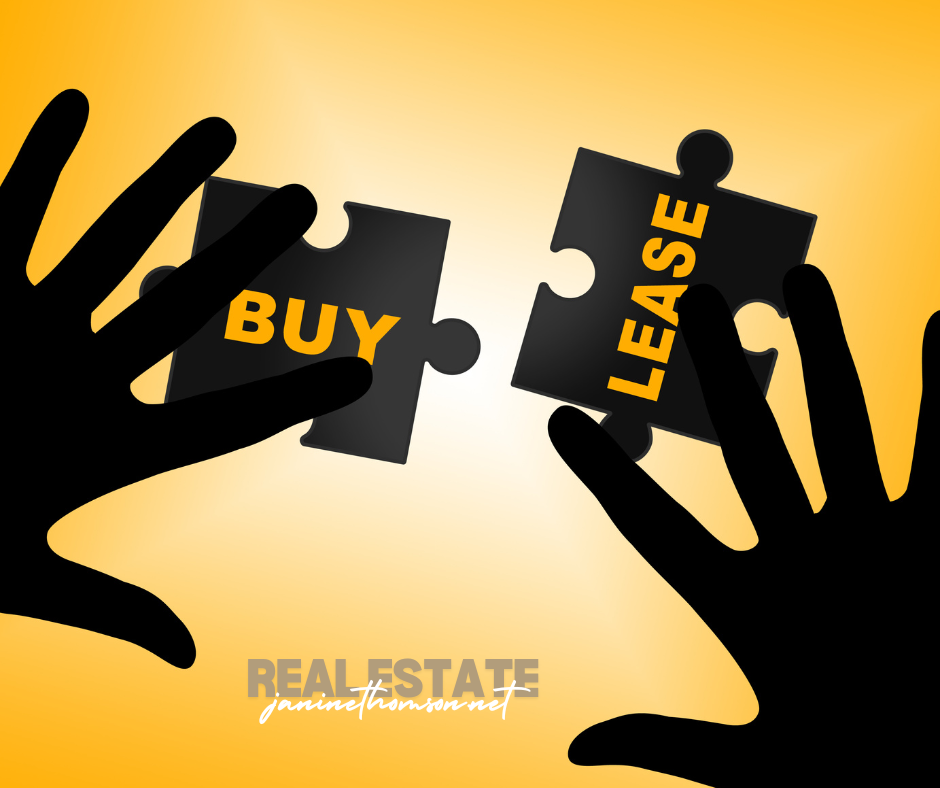

Victoria, BC, is renowned for its stunning natural beauty, mild climate, and vibrant cultural scene. As the capital city of British Columbia, it attracts a diverse population of professionals, retirees, and students. If you’re contemplating whether to rent or buy a home in Victoria, it’s essential to weigh the pros and cons of each option and consider the financial implications. This essay will explore the benefits and drawbacks of renting and buying in Victoria, providing a comparative analysis of the costs involved.
Comparative Analysis: Renting vs. Buying
Let’s consider a financial comparison between renting and buying in Victoria. Suppose you’re looking at a two-bedroom apartment.
Renting a Home in Victoria, BC
Pros:- Flexibility: Renting offers greater mobility. If you’re unsure about your long-term plans or may need to relocate for work or personal reasons, renting provides the freedom to move without the complexities of selling a home.
- Lower Upfront Costs: Renting requires less initial financial commitment. Typically, you’ll need to provide a damage deposit (often equivalent to one month’s rent) and the first month’s rent, which is significantly lower than a down payment on a house.
- Maintenance-Free Living: In a rental property, the landlord is usually responsible for maintenance and repairs. This can save you time, money, and stress, especially if unexpected issues arise.
- No Market Risk: Renters are not affected by fluctuations in the real estate market. If property values decline, renters can potentially benefit from lower rental rates without worrying about losing equity.
- No Equity Building: Rent payments do not contribute to homeownership. Unlike mortgage payments, rent does not build equity, which means you’re not investing in an asset that could appreciate over time.
- Limited Control: Renters often face restrictions on making changes to the property, such as renovations or major modifications. Additionally, landlords can increase rent (within the limits set by BC’s Residential Tenancy Act) or decide not to renew the lease.
- Potential for Displacement: Renters are vulnerable to changes in the rental market. Landlords may sell the property or choose not to renew a lease, forcing tenants to find a new home, which can be disruptive and costly.
Buying a Home in Victoria, BC
Pros:- Equity Building: Homeownership allows you to build equity over time. Each mortgage payment increases your ownership stake in the property, which can appreciate in value, providing potential financial gains in the future.
- Stability: Owning a home provides long-term stability. You won’t face the risk of eviction or rent increases, and you have complete control over the property, allowing for renovations and personalization.
- Potential for Income: Homeowners can generate income by renting out a portion of their home, such as a basement suite, which is common in Victoria. This rental income can offset mortgage payments and other costs.
- Tax Benefits: In Canada, homeowners may benefit from tax advantages, such as the principal residence exemption, which can protect you from paying capital gains tax when you sell your home.
- High Upfront Costs: Buying a home requires a significant financial commitment. The down payment, closing costs, and other fees can be substantial. In Victoria’s competitive market, where home prices are high, this can be a major hurdle.
- Ongoing Expenses: Homeownership comes with additional costs, such as property taxes, maintenance, repairs, and insurance. These expenses can add up and should be factored into your budget.
- Market Risk: Property values can fluctuate, and there’s no guarantee that your home will appreciate. In a declining market, homeowners may find themselves “underwater,” owing more on their mortgage than the property is worth.
Comparative Analysis: Renting vs. Buying
Let’s consider a financial comparison between renting and buying in Victoria. Suppose you’re looking at a two-bedroom apartment.- Renting: The average rent for a two-bedroom apartment in Victoria as of 2024 is approximately $2,800 per month.
- Buying: The average price for a similar two-bedroom condo is around $700,000.
- Assume a 20% down payment of $140,000, leaving a mortgage of $560,000.
- With a 5-year fixed mortgage rate of 5% and a 25-year amortization period, the monthly mortgage payment would be approximately $3,250.
- Additional costs include property taxes (approximately $200 per month) and maintenance fees (around $350 per month), bringing the total monthly cost to about $3,800.
- Total rent paid over 5 years: $2,800 x 12 months x 5 years = $168,000.
- Total mortgage payments over 5 years: $3,250 x 12 months x 5 years = $195,000.
- Plus property taxes and maintenance fees: $550 x 12 months x 5 years = $33,000.
- Total cost: $195,000 + $33,000 = $228,000.
- After 5 years, you would have paid down approximately $75,000 of the mortgage principal, building equity in the property.
Conclusion: Is It the Right Fit?
Whether to rent or buy in Victoria depends on your financial situation, lifestyle, and long-term goals.- Renting may be more suitable if you value flexibility, have a shorter-term outlook, or are not ready for the responsibilities of homeownership.
- Buying may be the right choice if you’re looking for stability, want to build equity, and can handle the upfront and ongoing costs associated with owning a home.
Disclaimer:
The information provided in these posts are for general purposes only. It is not written nor intended to provide legal advice or opinions of any kind. No one should act upon, refrain from acting, based solely upon the materials provided & recorded, or through any hypertext links and other general information, without first seeking appropriate legal and/or other professional advice.